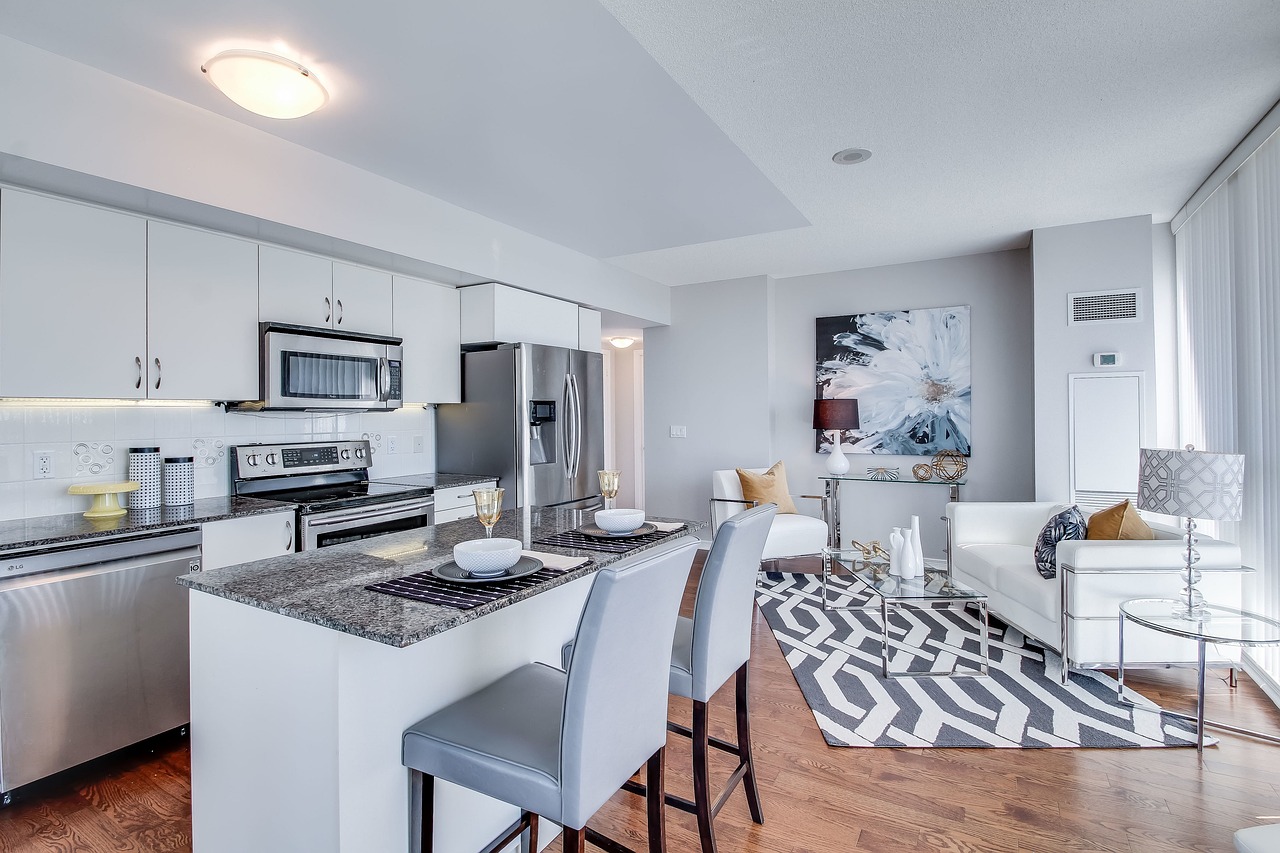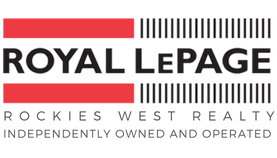Purchasing a Home: What Can You Afford?

Purchasing a home involves one-time costs and monthly expenses. The largest one-time cost is the down payment and it usually represents between 5% to 25% of the total price of the property.
In addition to the actual purchase price, there are a number of other expenses that you might be expected to pay for. These costs are listed in the table below.
When purchasing a home for the first time, there are several costs that buyers should consider beyond the down payment and mortgage payments. These additional costs can include:
- Closing costs: These are expenses associated with finalizing the sale of the home and can include fees for things like the appraisal, title search, and attorney’s fees.
- Home inspection: A home inspection is necessary to ensure that the property is in good condition before purchase. The cost of a home inspection can vary depending on the location, size, and age of the property.
- Property taxes: Property taxes are an ongoing expense that must be paid annually. The amount of property taxes varies depending on the location and value of the property.
- Homeowner’s insurance: Lenders typically require homeowners to carry insurance to protect their investment. The cost of homeowner’s insurance can vary based on the value of the property and the level of coverage needed.
- Home maintenance and repairs: As a homeowner, you are responsible for maintaining and repairing your home. This can include expenses for things like lawn care, snow removal, and unexpected repairs.
- Utility bills: As a homeowner, you are responsible for paying for utilities such as electricity, gas, and water. These costs can vary depending on the size and location of the property.
- Homeowner’s association fees: If the property is part of a homeowner’s association, there may be monthly or annual fees to cover the cost of community amenities and maintenance.
Overall, first-time homebuyers should be prepared to pay for a range of additional costs beyond the initial down payment and mortgage payments. It is important to carefully consider these expenses when deciding whether to purchase a home and to budget accordingly to avoid financial strain down the road.
Typical One-Time Expenses
| EXPENSE | PAID |
| Mortgage Application and Appraisal Fee |
At time of application |
| Appraisal Fee | At inspection |
| Property Inspection (optional) | Closing |
| Legal Fees | Closing |
| Legal Disbursements | Closing |
| Deed and/or mortgage registration | Closing |
| Property Survey (sometimes provided by seller) |
Closing |
| Land Transfer, Deed Tax or Property Purchase Tax (in Quebec within 3 months following signing) |
Closing |
| Mortgage Interest Adjustment and Take Over Fee (if applicable) |
Closing |
| Adjustments for Fuel, Taxes, etc. | Closing |
| Mortgage Insurance (and application fee if applicable) |
Closing |
| Home and Property Insurance | Closing and on-going |
| Connection charges for utilities such as gas, water and electricity |
Date of move |
| Moving Expenses | Date of move |
Mortgage Affordability
Determining how much mortgage you can afford depends on several factors such as your income, expenses, credit score, and debt-to-income ratio. Here are some general examples of different scenarios of possible mortgage affordability based on the guidelines used by the Canadian mortgage industry. These examples assume a 25-year amortization period and a 5-year fixed-rate mortgage.
- Scenario for Wage Earners: If you’re a wage earner and have a gross annual income of $60,000, the maximum mortgage amount you can afford is around $320,000, assuming you have no other debts and a good credit score.
- Scenario for Self-employed: If you’re self-employed, your mortgage affordability may be determined differently. Lenders will typically look at your net income, which can be lower than your gross income after deducting business expenses. Suppose you have a gross income of $100,000 per year, and your business expenses are $20,000. In that case, your net income would be $80,000 and you can afford a maximum mortgage amount of around $420,000, assuming you have a good credit score and no other debts.
- Scenario for Lower Income: If you have a lower income, say around $30,000, the maximum mortgage amount you can afford is around $160,000, assuming you have no other debts and a good credit score.
It is essential to note that these are general examples and should not be considered as financial advice. It’s always best to consult with a mortgage specialist or financial advisor to determine your specific mortgage affordability based on your individual circumstances.
Having a pre-approved mortgage will give you the confidence of knowing exactly what you can spend on a home before you start looking. You will also be protected against interest rate increases while you look for your new home. Go to this link to learn more about how to obtain a pre-approved mortgage.

SEAN ROGGEMAN
250-341-5445
sean@rockieswest.com
INVERMERE REAL
ESTATE OFFICE
492 Highway 93/95
Invermere, BC V0A 1K2
FAIRMONT REAL
ESTATE OFFICE
#3, 5019 Fairmont Resort Rd
Fairmont Hot Springs
BC VOB 1L1
